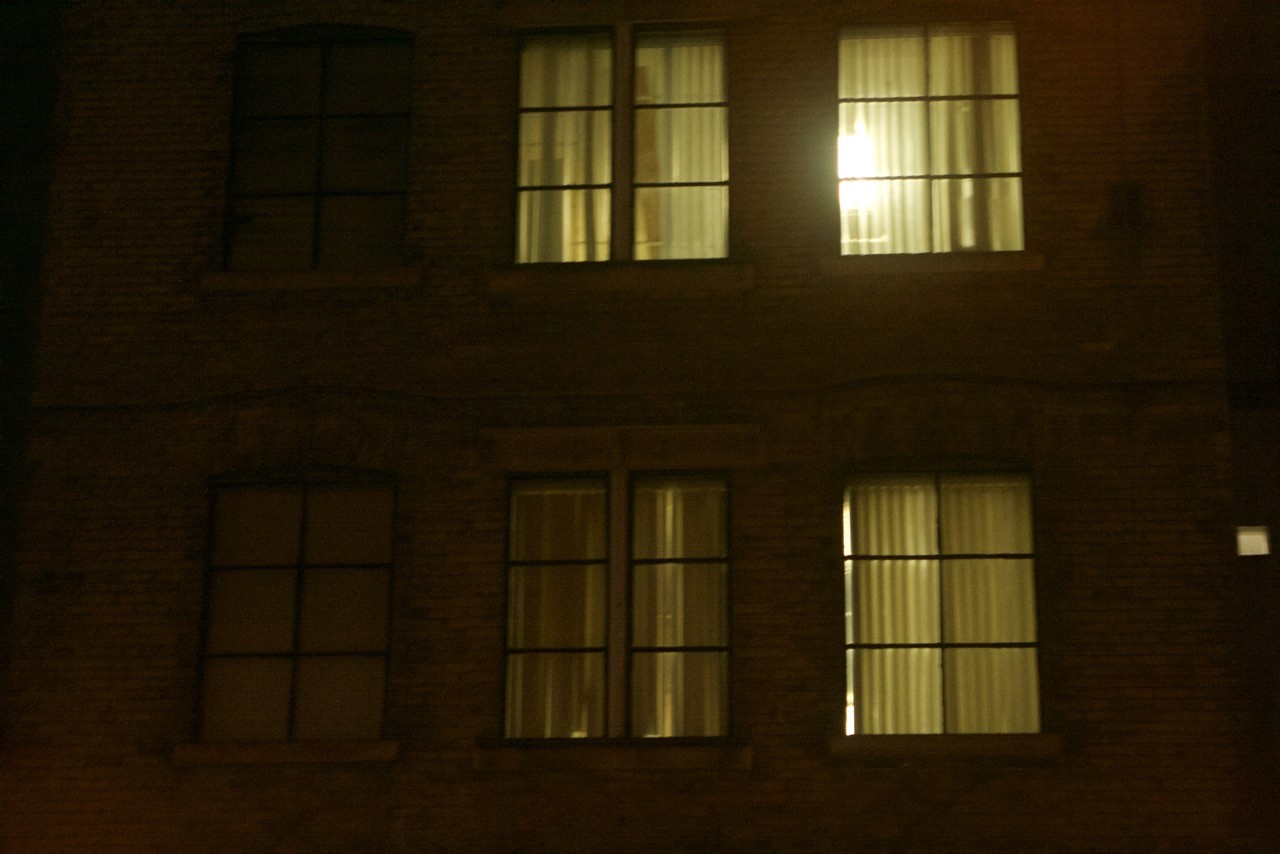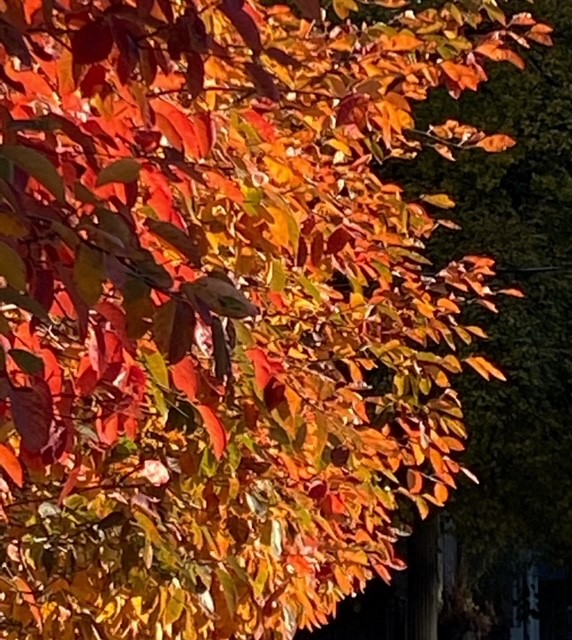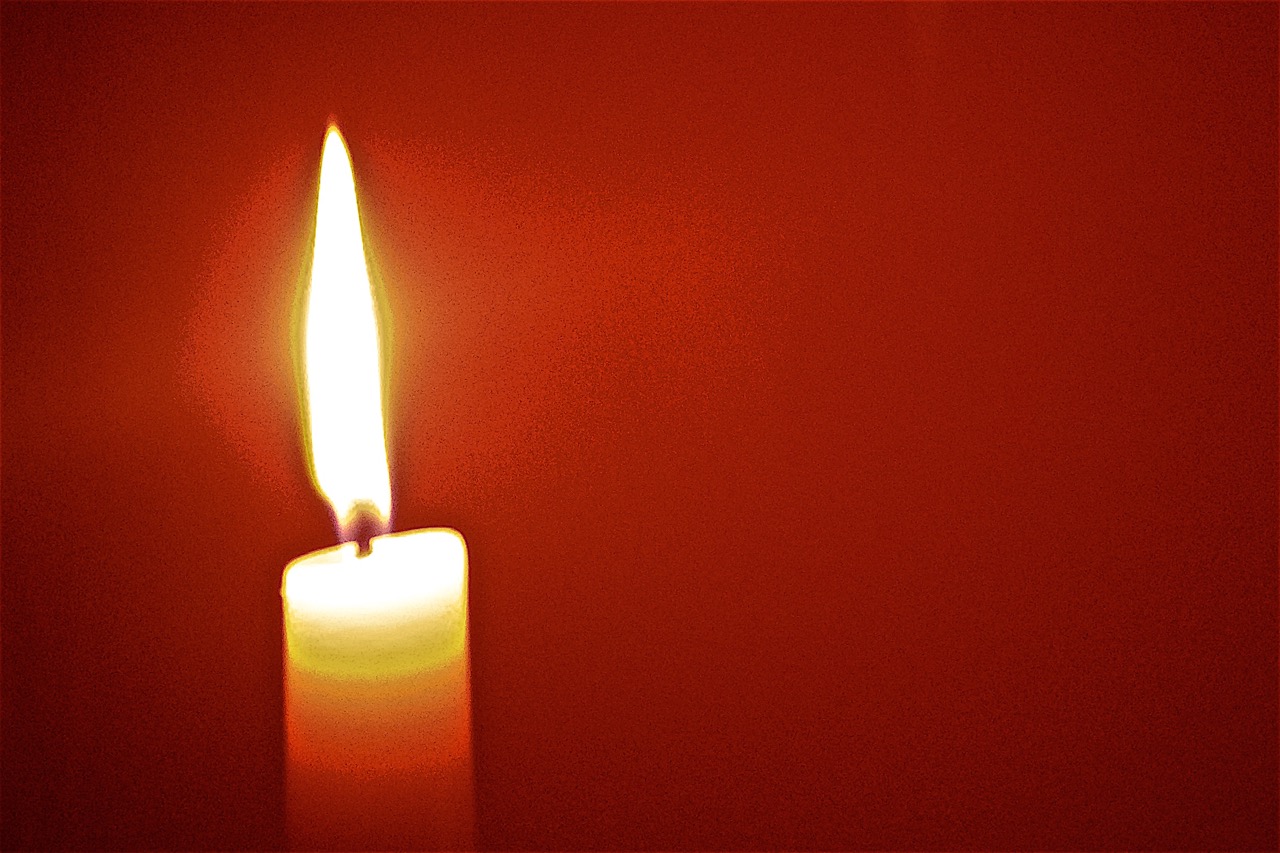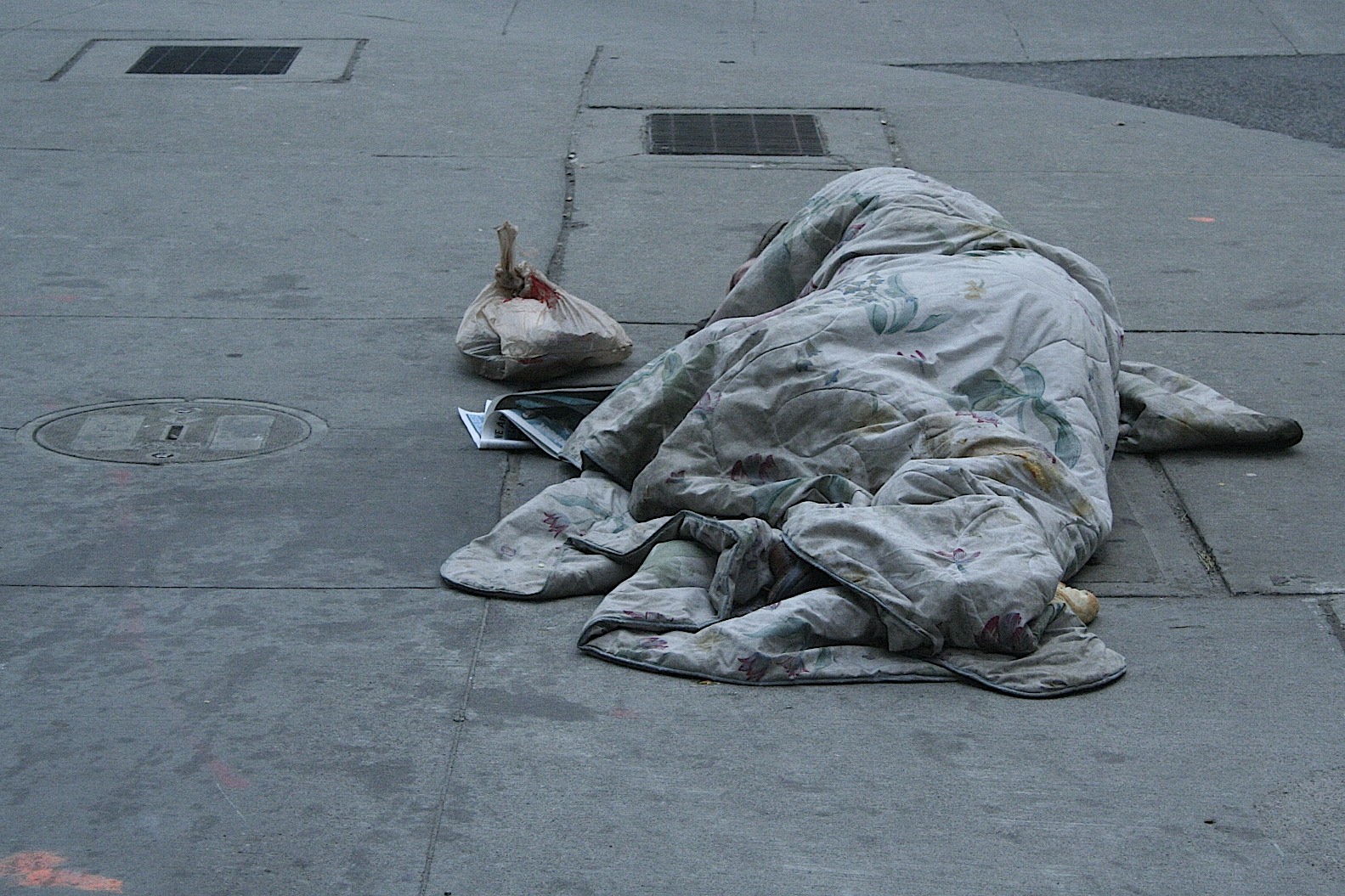
by Angela Felzmann
Have you ever left home? How did it make you feel?
Excited? Scared? Relieved?
Was it your first steps to independence and becoming an adult?
Did you escape toxic dynamics, patterns and history to make your own way?
Did it change things?
Did it change you?
Changes create disturbance
To that which we have known.
I’ve left “home” twice and come back.
But it begs the question, once you leave, can you ever really come back?
Things may seem the same, yet they are not.
Because you created a change
And there’s really no coming back from that
Changes create disturbance
To that which we have known.
Home seems to beckon us to a place of comfort, of things
familiar and common. Solace and security.
Stability and firmly rooted footing.
Sometimes it’s warm and welcoming.
Other times, it’s contradictory.
Awkward and incongruent. Bittersweet.
Like taking too many steps backwards towards a direction
we thought we were finished with.
Stagnant. Stale. Old. Outworn. Outgrown.
Sometimes, life demands changes.
Because you created a change
And there’s really no coming back from that.
And what of this last year and a half?
In this unprecedented, exceptional, uncertain time?
With changes and restrictions and rules the world had to adjust to?
That changed our everyday lives?
A pandemic of endemics that will likely stay,
How did you mold and morph?
How did you adapt?
Things may seem the same, yet they are not.
Because there was a forced, imposed change
And there’s really no coming back from that.
Changes create disturbance
To that which we have known.
Did it cause you to pause?
To re-evaluate yourself? Your life?
What is important? What matters?
Did you take stock of your values?
Did family take on more meaning?
Become somehow important and invaluable?
Did you make newfound efforts to stay connected?
Did others reciprocate the same?
Who checked in on you?
And there’s really no coming back from that.
Changes create disturbance
To that which we have known.
It brought the world to a grinding halt.
It stopped us all in our tracks.
It brought quiet, silence and retreat.
Remember the video of stillness around the world?
I watched it with amazement and disbelief, all one in the same.
And I felt to my core, there are lessons here for us to take to heart.
This is the warning call, the universe screaming at us
to take heed without making a sound.
Things may seem the same, yet they are not.
Because there was a forced, imposed change
And there’s really no coming back from that.
Changes create disturbance
To that which we have known.
There have been unforeseen changes that have been
so necessary and needed. There are things and ways
of doing and being that I don’t want to go back to.
Being that slave to the grind. Running the never-ending rat race.
The glorification of busy and go, go, go with never a moment to spare.
Living to exist and being exhausted living every single day like this
And somehow permitting society to say and dictate that is a life.
I found relief and breath and decompression.
I finally was able to actually have a work/life balance
rather than just listening to empty words about it.
And I was able to breathe.
And I breathed.
The deepest of breaths.
Things may seem the same, yet they are not.
Changes create disturbance
To that which we have known.
I tended to things that had been long forgotten.
I completed COVID creations in my home and with myself.
And I had more time.
And these 4 walls became my creative space, my safe haven,
my security, my stability. And I was able to breathe.
And I breathed.
And I felt gratitude like I never have before.
Gratitude.
And there was calm.
Life was calm.
Calm.
Things may seem the same, yet they are not.
Because you created a change
And there’s really no coming back from that.
And as we wait for life to return, the question becomes, to what?
And it makes me wonder about my life and what I want in a home.
Where is my home? Is it somewhere over the rainbow?
Where the grass is greener?
Some alternate universe?
Is it in this city? This province? This country?
With these people? With these politics?
Because society is being stretched and challenged and tested
In every way possible to its utmost limits.
And it bestows the question of what has become of our humanity?
I don’t see how we overcome this division and anger and strife.
And I seek my escape.
And there’s really no coming back from that.
Changes create disturbance
To that which we have known.
Home begins with all of us.
Until we accept all that is.
Successes and failures, rises and falls, rights and wrongs.
Endeavors for a collective good, not just for benefit of a few
Until we are comfortable with who we are, how we are
That we recognize and accept
Honor and respect
Humanity as one.
It’s buried in our marrow, rests on our bones.
It is that simple. It is that complex.
Embrace yourself.
Find your breath.
Continue on.
Carve out your space.
Create your own path.
And find your way home.
Things may seem the same, yet they are not.
Because there was a forced, imposed change
And there’s really no coming back from that.
Changes create disturbance
To that which we have known.
Forge your own way home.
Angela Felzmann is an Alberta-based writer.




